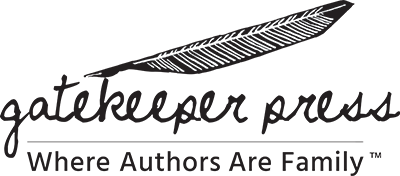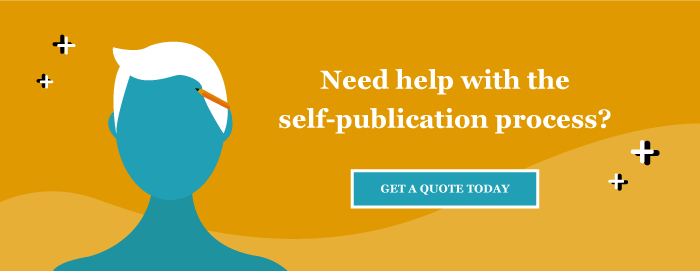It wasn’t that long ago that an author didn’t have to weigh pros and cons regarding the publishing process.
If you wanted to publish a book there was one avenue to travel, that of the traditional publisher. It was inconsequential whether the publishing process was all that peachy—it was the only option on the menu.
Now that aspiring authors have the self-publishing route available to them, it’s wise to exercise some good business sense by contemplating the potential pitfalls of self-publishing.
Before jumping in with both feet, why not explore the pros and cons of self-publishing and then decide if it’s right for you?
4 Facts About Self-Publishing to Know
When self-publishing arrived on the scene in 2007 it totally disrupted the literary world. The traditional old guard of the publishing world was no longer the sole arbiter of what literary works would find their way into publication. Suddenly, the book publishing landscape was wide-open, beckoning would-be authors to come and self-publish through digital platforms.
Some of the benefits of self-publishing include:
- You get the book published much faster. Using a traditional publisher can take a couple of years to bring a book to print. Self-publishing allows an author to expedite the self-publishing timeline and get their book to market in as short as 72 hours.
- You have total control over your book. When signing a contract with a publisher the author relinquishes their book rights. Authors that self-publish will retain 100% of the publication rights in all its forms. The author maintains control over the content and title, the cover design, the pricing, and the distribution channels.
- You are paid higher royalty rates. A traditional publisher typically pays about 10% royalties on each copy sold and royalties are usually paid on a quarterly basis. Self-published authors will earn 60%-70% royalties, less the cost of printing for print-in-demand copies, and royalties are paid monthly.
- You can grow your book business at will. Because you are not under the thumb of a literary agent or publisher, you can control all aspects of your product. This means you can choose to expand distribution globally, you can have your book translated into other languages, you can have an audio-version produced, you can add supplementary materials, and you can easily create a book series.
4 Common Pitfalls of Self-Publishing
For a fair and balanced assessment of the self-publishing experience it is important to also consider the downside. Self-publishing is not for everyone. Consider the following pitfalls of self-publishing:
- You may fall prey to scammers. Just as with any service out there, in the field of self-publishing there are some bad apples. These scammers and schemers take advantage of people by racking up exorbitant fees while also making unrealistic claims. This can lead to throwing good money away on unnecessary expenses. Consider this list of companies to avoid.
- You don’t plan for needed expenses. Some authors are intent on spending little to no money on the self-publishing process. In reality, all indie authors should do some fiscal planning for essential services that will help them produce a professional end product. These include editing, proofreading, and cover design, as well as allocating for an advertising budget.
- You don’t promote the book. The truth is, your book will not sell itself, no matter how beautifully written. Where a traditional publisher will pitch in to market your book, the self-published author will be required to take care of 100% of the book promotion efforts. Expect to build a social media presence like a Facebook author page or author Instagram account, have a website related to the book, and to regularly advertise your book.
- You lack the self-discipline needed. The self-publishing process is not easy. As an indie author you are basically the sole proprietor of a business. The process of bringing a book to market and promoting it, requires a certain amount of self-discipline. You will not have an agent to manage these steps, so it is entirely up to you to initiate and complete each one.
Both options, whether your book is traditionally or self-published, have advantages and disadvantages. After digesting the pros and cons of self-publishing you can make a reasoned decision about which route works best for you.
Learn More About How Self-Publishing Done Right Can Make Your Book Succeed
Now that you are aware of some of the pitfalls of self-publishing, it is time to decide on the right fit for you. Why not have the publishing pros at Gatekeeper Press weigh in? If it looks like self-publishing is the best option for publishing your book, consider their wide range of editing services to help you publish a first-rate book. These include developmental or copy edits, interior formatting, and proofreading. If you need cover design assistance, Gatekeeper Press provides that, too. Contact us today!


